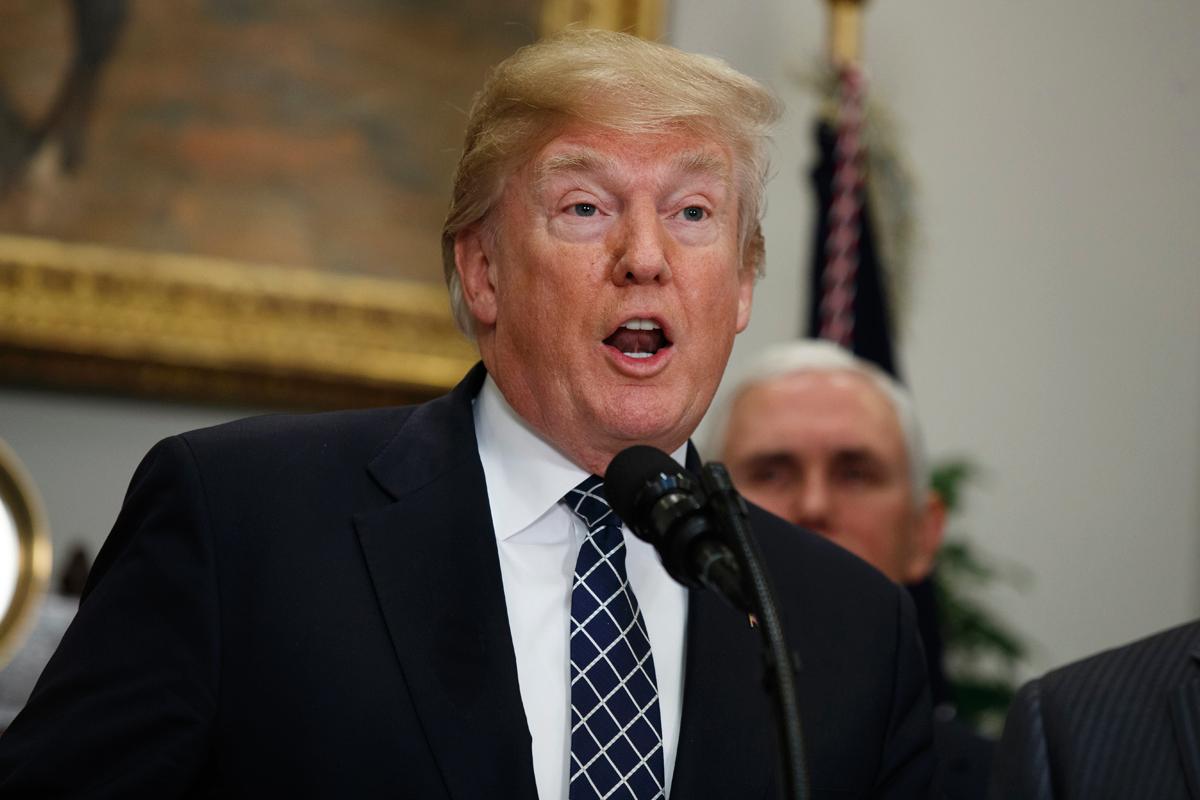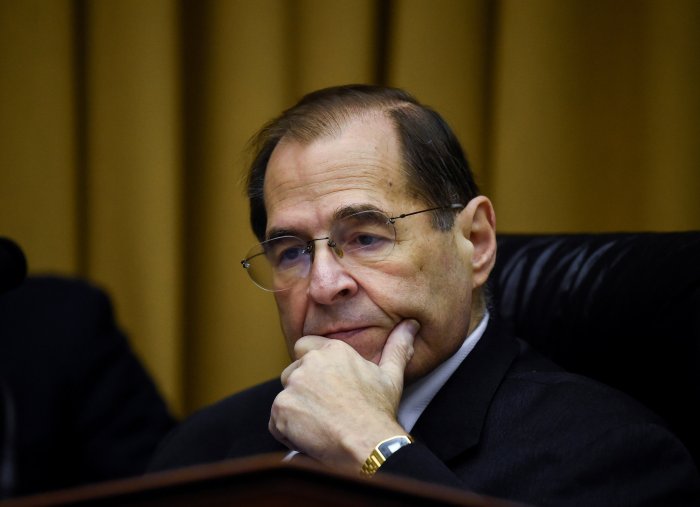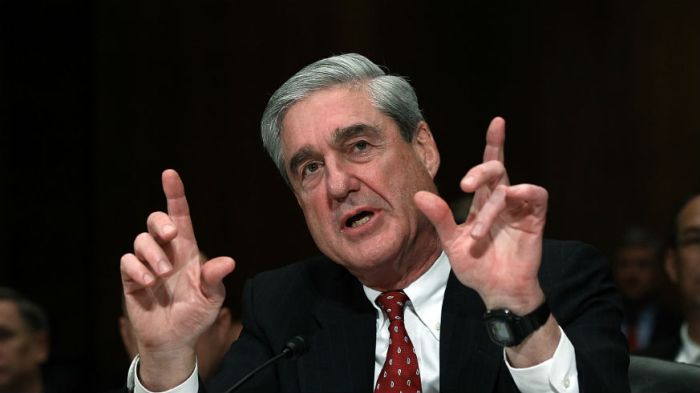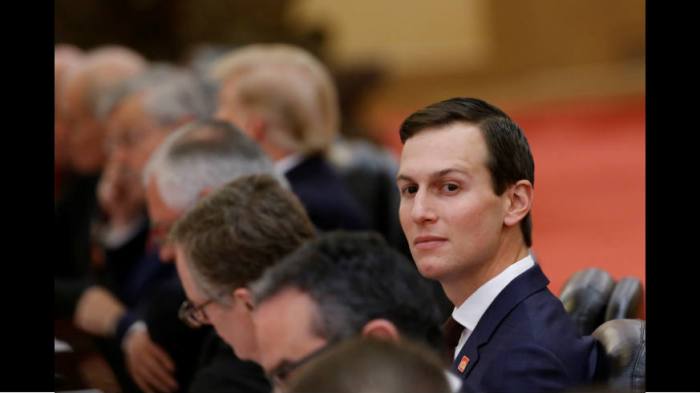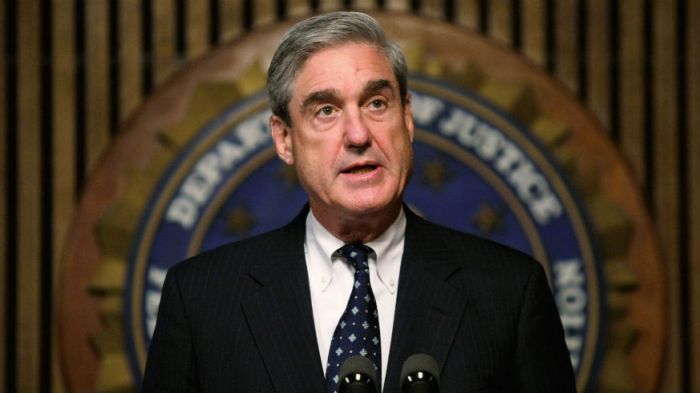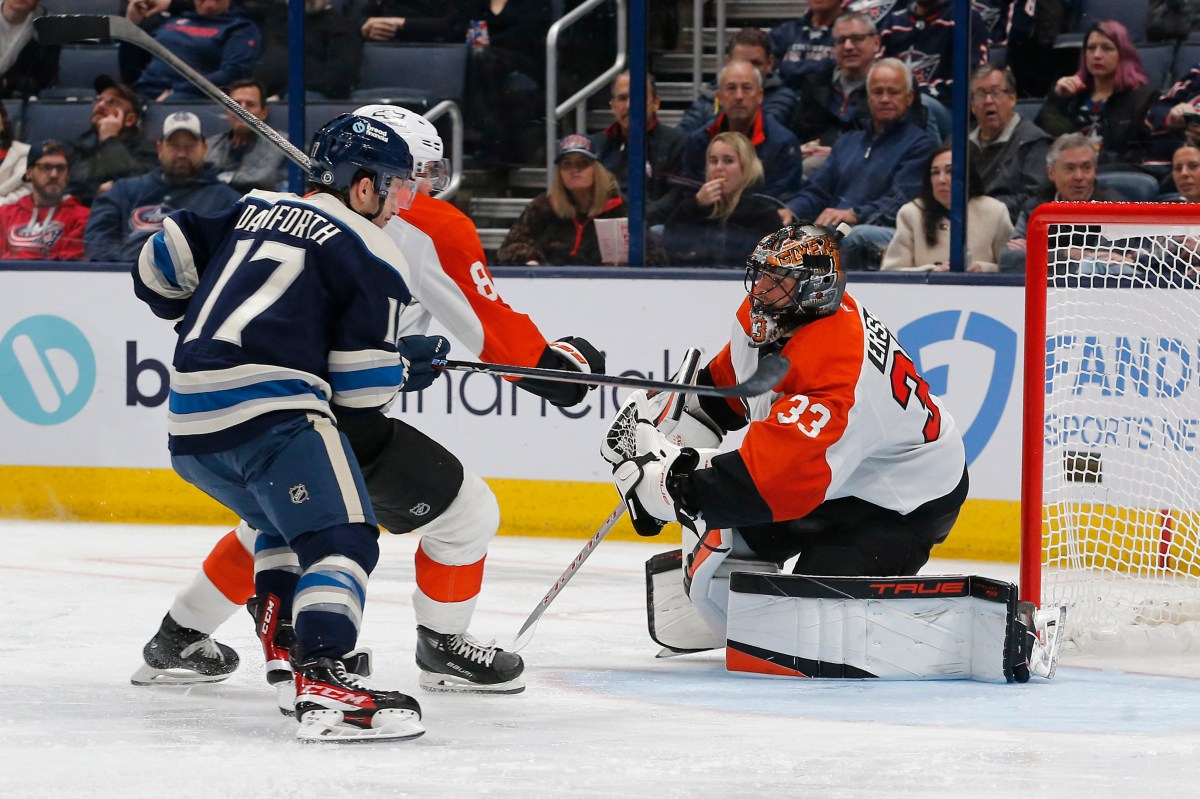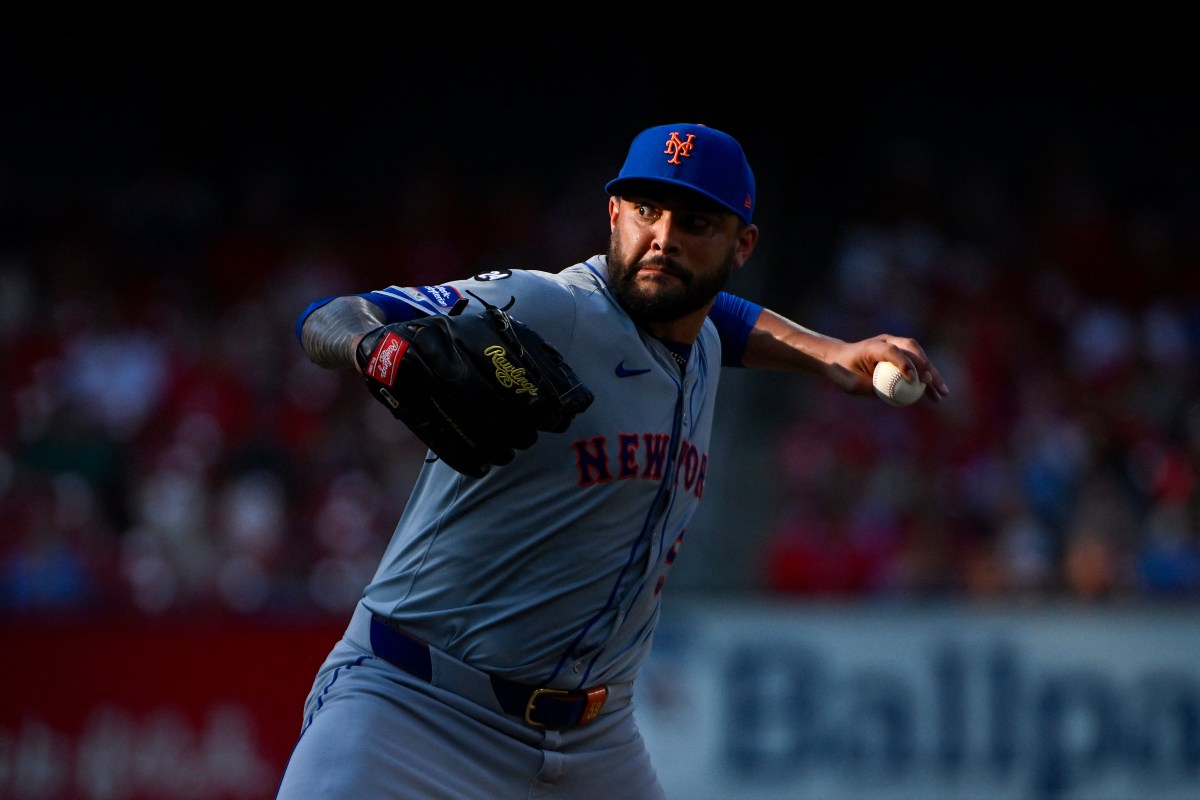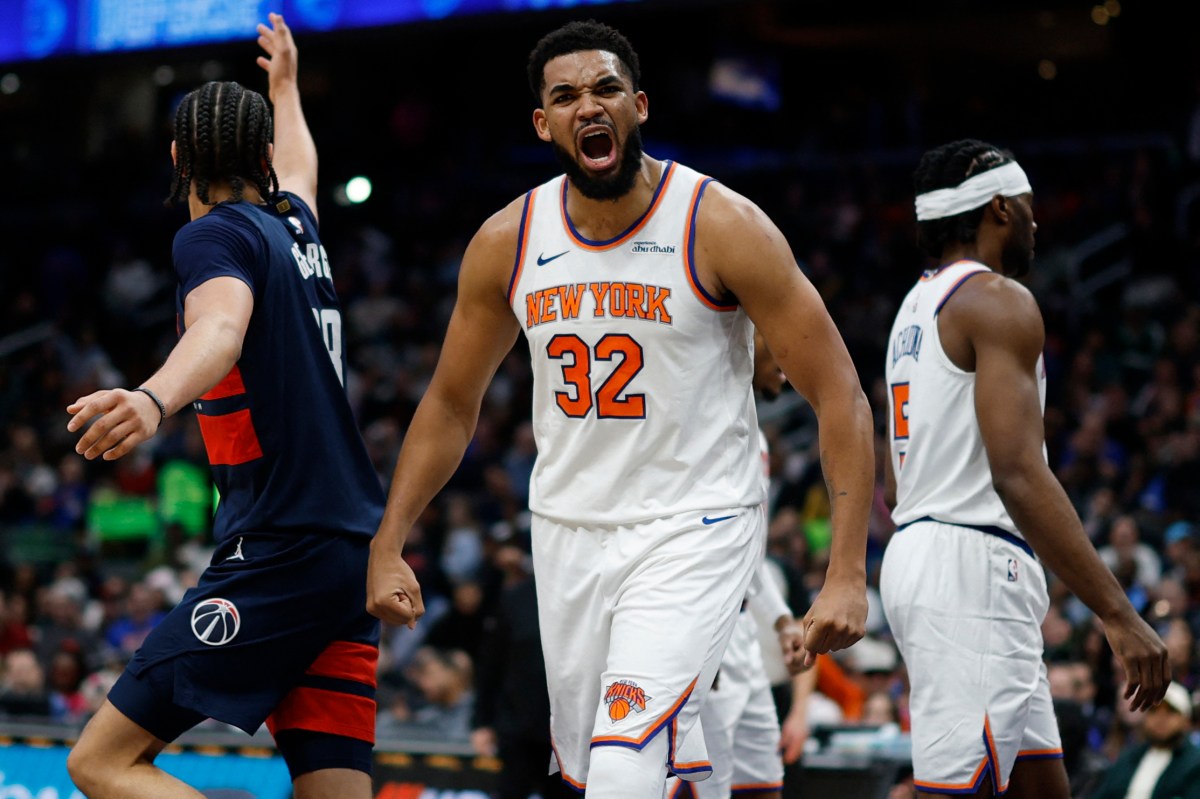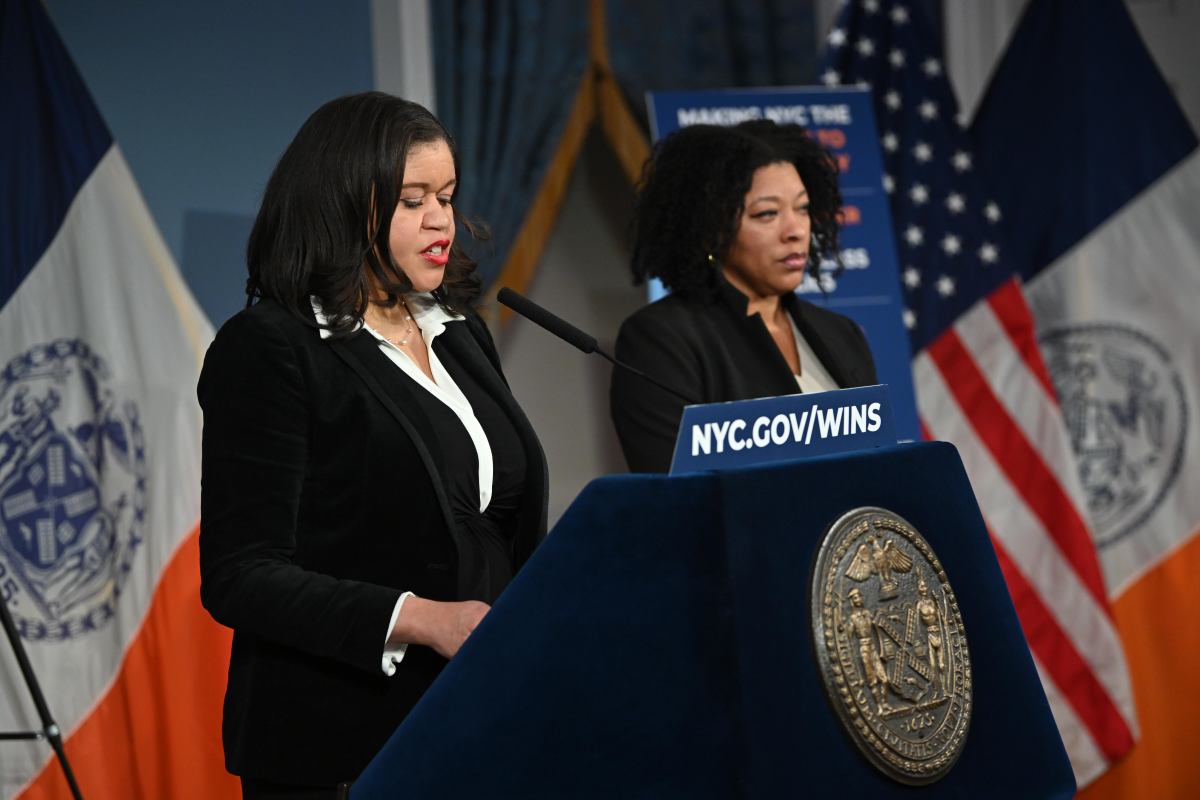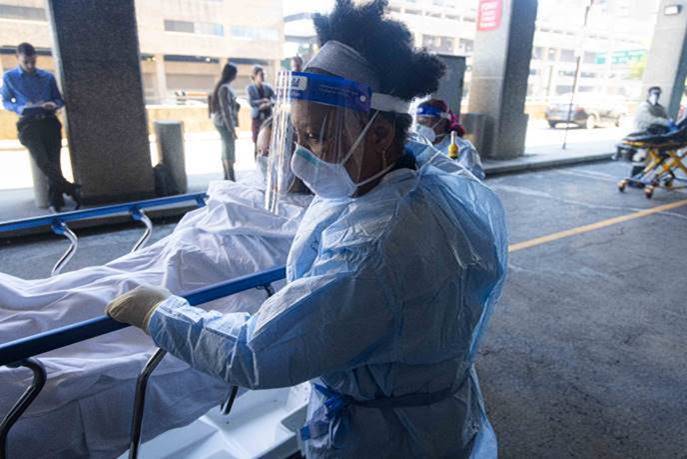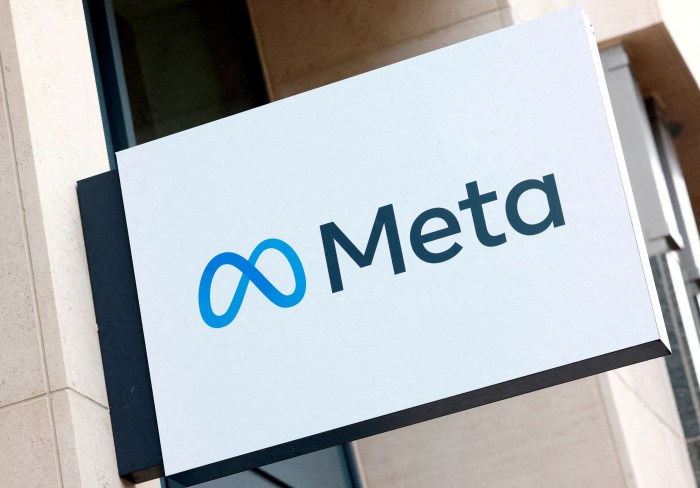President Trump and his legal team recently did a four-hour practice session for a potential interview with special counsel Robert Mueller about the Russia investigation, and the president had some difficulty, only getting through two questions.
Trump had trouble staying on topic “given the frequent interruptions on national-security matters along with Mr. Trump’s loquaciousness,” the Wall Street Journal reported, citing “one person familiar with the matter.”
The president’s lawyers have set a deadline of May 17 — one year since Mueller’s appointment — to decide whether the president will submit to an interview in the Russia investigation, the Journal said. Trump’s legal team now includes Emmet Flood, who represented Bill Clinton during his impeachment proceedings, and former New York Mayor Rudy Giuliani. Trump’s previous lawyers Ty Cobb and John Dowd left the building last month and the month before that, respectively.
Giuliani came aboard explaining that he would handle “negotiations” for an interview between Trump and Mueller. Those seem to have run aground. On Monday, Giuliani said that their preferred format for an interview — a list of written questions and responses — had been rejected by Mueller.
CBS News reported Monday that Giuliani says his team wants a list of subjects that would be covered, a time limit and an assurance on whether the content would be made public. If an agreement can’t be reached and Trump is subpoenaed, Giuliani said Trump would fight the subpoena to the Supreme Court.
Trump has repeatedly said that he wants to talk with Mueller. His lawyers are eager for him not to, given the president’s issues with truth-telling and focus. “Anyone can see [Trump] has great difficulty staying on a subject,” an insider told the Journal.
Giuliani has said that Trump would not have to respond to a subpoena. Legal experts have argued that United States v. Nixon, in which the Supreme Court ruled that President Richard Nixon had to comply with a subpoena for his Oval Office tapes, as precedent that a president must obey a subpoena.

